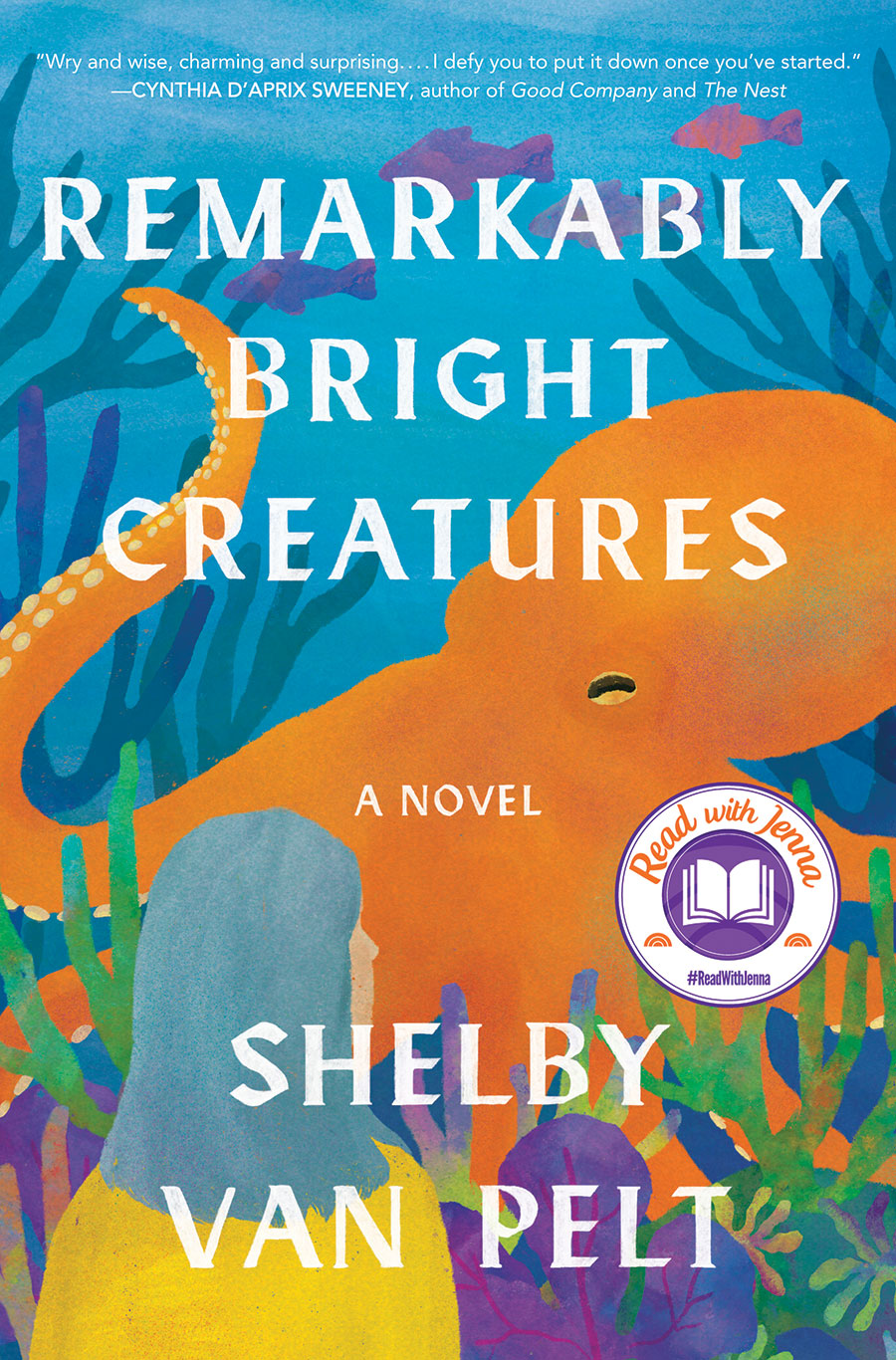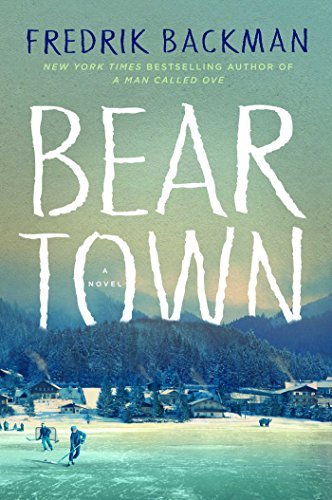Title: Beartown
Author: Fredrik Backman
# of Pages: 681 (large print)
Genre: Adult, Fiction, Contemporary
Rating: ★★★★☆
Synopsis: People say Beartown is finished. A tiny community nestled deep in the forest, it is slowly losing ground to the ever encroaching trees. But down by the lake stands an old ice rink, built generations ago by the working men who founded this town. And in that ice rink is the reason people in Beartown believe tomorrow will be better than today. Their junior ice hockey team is about to compete in the national semi-finals, and they actually have a shot at winning. All the hopes and dreams of this place now rest on the shoulders of a handful of teenage boys. Being responsible for the hopes of an entire town is a heavy burden, and the semi-final match is the catalyst for a violent act that will leave a young girl traumatized and a town in turmoil. Accusations are made and, like ripples on a pond, they travel through all of Beartown, leaving no resident unaffected.
Review:
“All adults have days when we feel completely drained. When we no longer know quite what we spend so much time fighting for, when reality and everyday worries overwhelm us and we wonder how much longer we’re going to be able to carry on. The wonderful thing is that we can all live through far more days like that without breaking than we think. The terrible thing is that we never know exactly how many.”
This is a story that starts slowly. It pretends to be a little slice of life of the people who live in quaint Beartown that clings to junior hockey like a lifeline.
I didn't care for the start of the plot which is focused skipping back and forth between the characters living in Beartown, building up how important hockey is for this town. Didn't exactly sound like my type of book - I'm not a huge sports fan, and a book that focuses on singing the praises of hockey doesn't even make it onto the list of topics I would be interested in.
Luckily, it's not that type of book. Hockey might frame the story but it's far from the sole focus.
Even with the slow start, Backman does a great job at emphasizing WHY a sport could mean so much to any small town that doesn't has much else going for it. Even when some may not understand sports, they can understand people want to be part of something, wanting something to believe in and cheer for.
Backman actually masterfully employs this idea of community in the plot - on a macro scale, the community the people of Beartown (the Pack) feel because of hockey, community between team members, community between families and friends. Not only is community used to justify why hockey is held at such high stakes in Beartown, but it's also an obstacle for characters to choose between right and wrong. When people want to be part of something so badly, are they still able to do the right thing when their membership in said community is put on the line?
Beartown is also far from a glamorization of hockey. In the start of the book, there is "locker room talk" in an unabashed fashion, making the reader believe that they should just accept the jokingly crude and derogatory comments toward women and LGBTQ are just a part of "how the hockey team acts." But as the plot progresses, Backman slowly adds more and more commentary on how this type of "culture" is actually fostering toxic masculinity.
“Sweet Jesus…you men. It’s never your fault, is it? When are you going to admit that it isn’t ‘hockey’ that raised these boys. It’s YOU LOT. In every time and every place, I’ve come across men who blame their own stupidity on crap they themselves have invented. ‘Religion causes wars,’ ‘guns kill people,’ it’s all the same old bullshit!” - Ramona to Sune, p.541
I wish Backman left some of this messaging to be interpreted by the reader. The messaging via showing through the plot rather than stating it blatantly would have been more powerful.
“[The boys] don’t have any female friends, and there are no women’s teams here, so they learn that hockey only belongs to them, and their coaches teach them that girls are a ‘distraction.’ So they learn that girls only exist for fucking” p.547
Hockey might frame the story but it's far from the sole focus. The meat of the plot is actually about the "violent act that will leave a young girl traumatized" (as stated in the synopsis). The messaging here is also about the same as many other stories (both fiction and non-fiction) over women experiencing violence and subsequently seek justice. The justice system is broken, and victims are often disregarded when the perpetrator is in a position of admiration and power. This is why this part of the messaging didn't pack as much of a punch for me; I've heard this message again and again and sympathize with real-life victims that have gone through something similar (e.g. Chanel Miller and her rapist Brock Turner). Although the messaging is tired, it's important in ensuring that we don't forget about these types of injustices.
This story is told via third person POV switching. This was annoying during the ramp up (and there are A LOT of different characters to switch between), but during the thick of the plot, Backman draws parallels between characters' experiences and cleverly reuses phrases to show their different meanings in different contexts. This was problem one of the better executions of third person POV-switching story telling I've read ever, so I will give it props for that. Beartown wouldn't have been nearly as gripping without it.
The final thing to note is that some of the sentences didn't flow as easily as they could have - I had to reread some sentences to understand the meaning (perhaps they would have benefited from additional punctuation or rephrasing). I can't tell if this is an issue with Backman's style or if it's a translation issue, but it happened enough to noticeably disrupt my reading flow.
Even if you aren't immediately interested in the book, I would suggest giving it a shot. By then end, I was surprised how much I cared about these characters without noticing when I came to know them so well. It's definitely not a feel good read (I half-jokingly will say that I felt like I was despairing during part for this book), but it does feel more meaningful than the premise makes it seem.










No comments:
Post a Comment